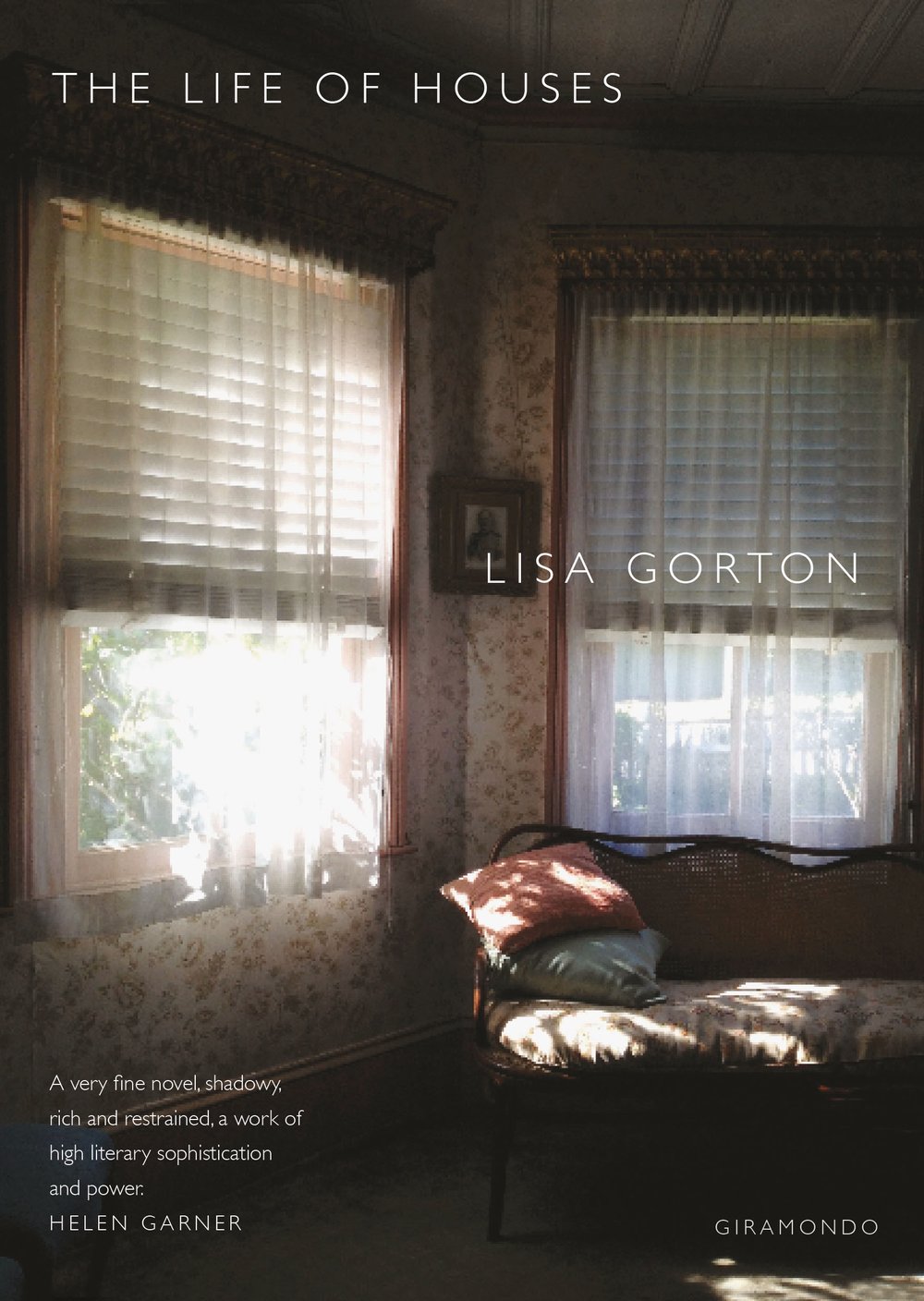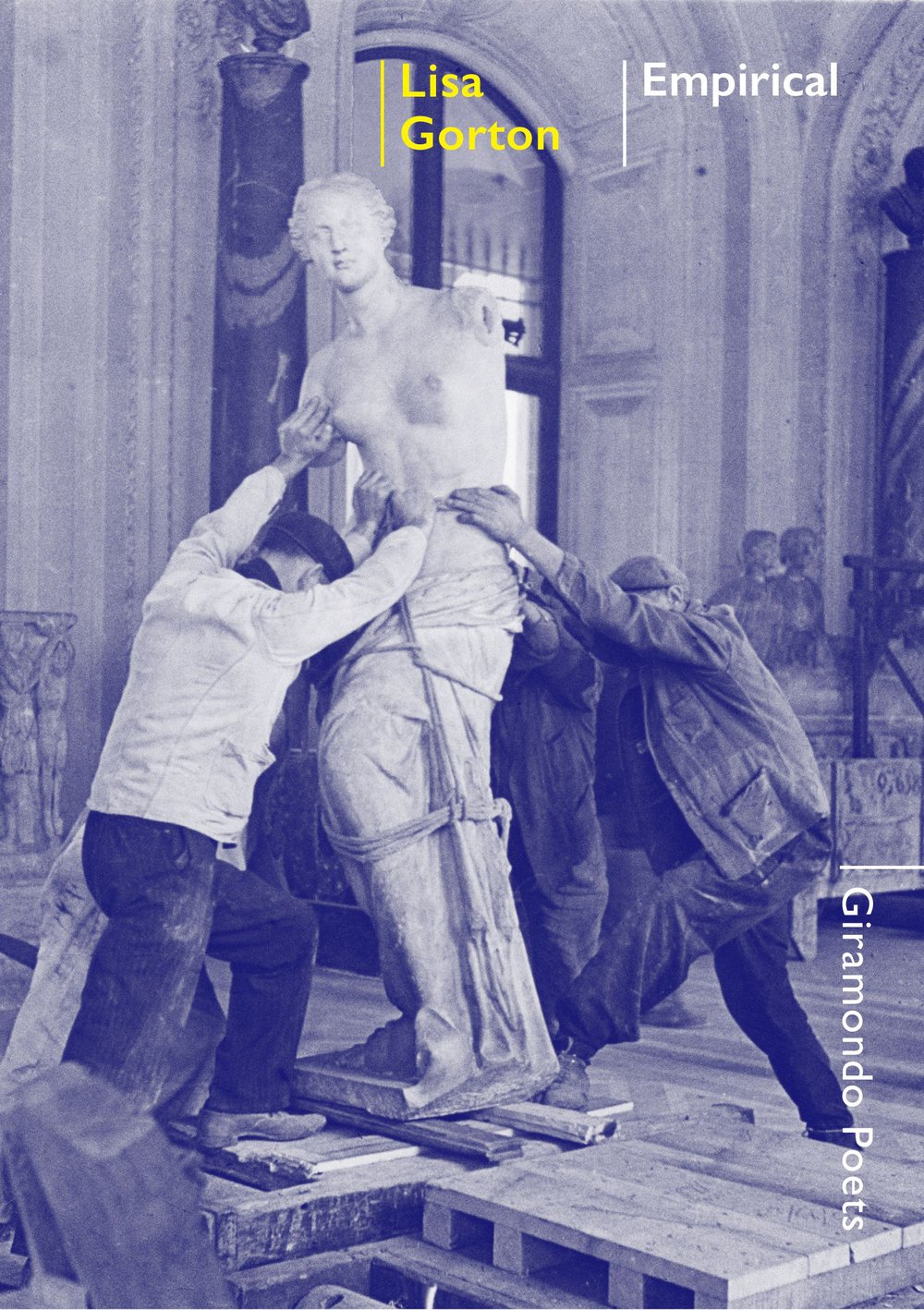Mirabilia
**Shortlisted, NSW Premier's Literary Awards 2023, Kenneth Slessor Prize for Poetry**
The poems in Mirabilia test the relationship between art and politics. They are ekphrastic poems complicated by historical narrative; or, they are political poems, inspired by artworks. The title poem is a tribute to the pangolin, the world’s most-trafficked mammal – implicated, some say, in the evolution of coronavirus.
Written in Fibonacci syllabics, it is also a reflection on Marianne Moore’s poem The Pangolin with its sense of nature’s perpetuity – lost in the years since her poem was written. The final sequence Great World Atlas tracks the destructive extent of nuclear testing across the world in the 1960s. It was written for Izabela Pluta’s artist’s book Figures of Slippage and Oscillation. The sequence Tongue reflects on da Vinci’s 1478 painting The Benois Madonna, including the circumstances of its creation in the Pazzi conspiracy and the life of Fioretta del Cittadino – perhaps the painting’s model – who gave birth to the child of the murdered man. Her child was taken; she was written out of the record. In other poems too, Gorton reflects on the experience of the female muse, wife, or mother.
Lisa Gorton lives in Melbourne and writes poetry, fiction and essays. She studied at the universities of Melbourne and Oxford, and completed a doctorate on John Donne. Her awards include the NSW Premier’s People’s Choice for Fiction, the Prime Minister’s Award for Fiction, the Philip Hodgins Memorial Medal, and the Victorian Premier’s Prize for Poetry. Mirabilia is her fourth poetry collection with Giramondo, after Press Release (2007), Hotel Hyperion (2012) and Empirical (2019).




